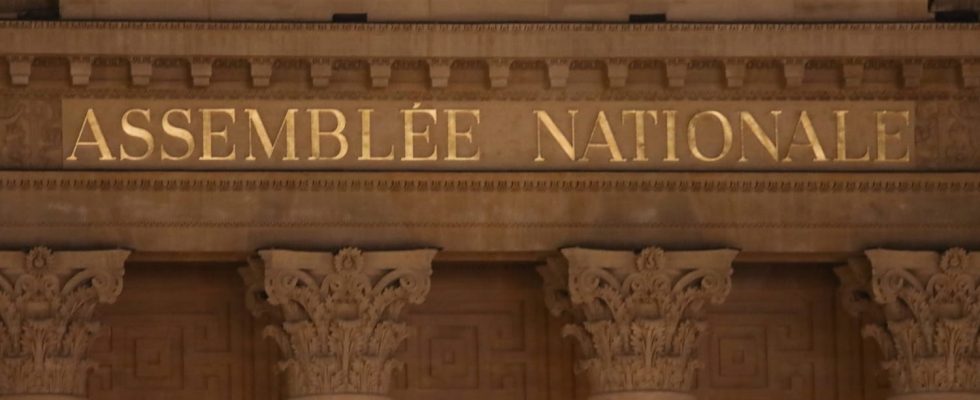The National Assembly voted on a bill which aims to “sanction hair discrimination” this Thursday, March 30. The text aims to prohibit employers from forcing their employees to hide their afro cuts, their braids or even their dreadlocks.
The proposed law on hair discrimination, led by MP Olivier Serva (Liot), was voted on at first reading in the National Assembly this Thursday, March 28. The objective is in particular to prevent employers from forcing their employees to hide their afro by straightening their hair. The law already includes 25 grounds for discrimination at work. If the text is adopted, discrimination corresponding to “the cut, color, length or texture of hair” would be added to the list of those punishable by criminal sanctions.
According to Olivier Serva, this proposed law would benefit “black women who feel obliged to straighten their hair”, before a professional meeting such as a job interview, but also “redheaded people, victims of many negative prejudices” , or even “bald men”. According to a survey carried out by Dove in the United States, two out of three black women say they have to change their haircut for a job interview. Blonde women are also affected: one in three say they have had to change their hair color to appear more professional, just like redheads, according to another study carried out in Great Britain in 2009 by Halo Collective.
Statistics on ethnicity banned in France
In France, statistics based on ethnicity are prohibited, so the phenomenon cannot be quantified. But hair discrimination has already been publicized. In 2019, the afro cut of Sibeth Ndiaye, former government spokesperson, was strongly criticized, as was Eve Gilles, Miss France 2024, and Audrey Pulvar, deputy mayor of Paris. If the text is adopted, hair discrimination could be punished with 3 years in prison and a fine of 75,000 euros.
